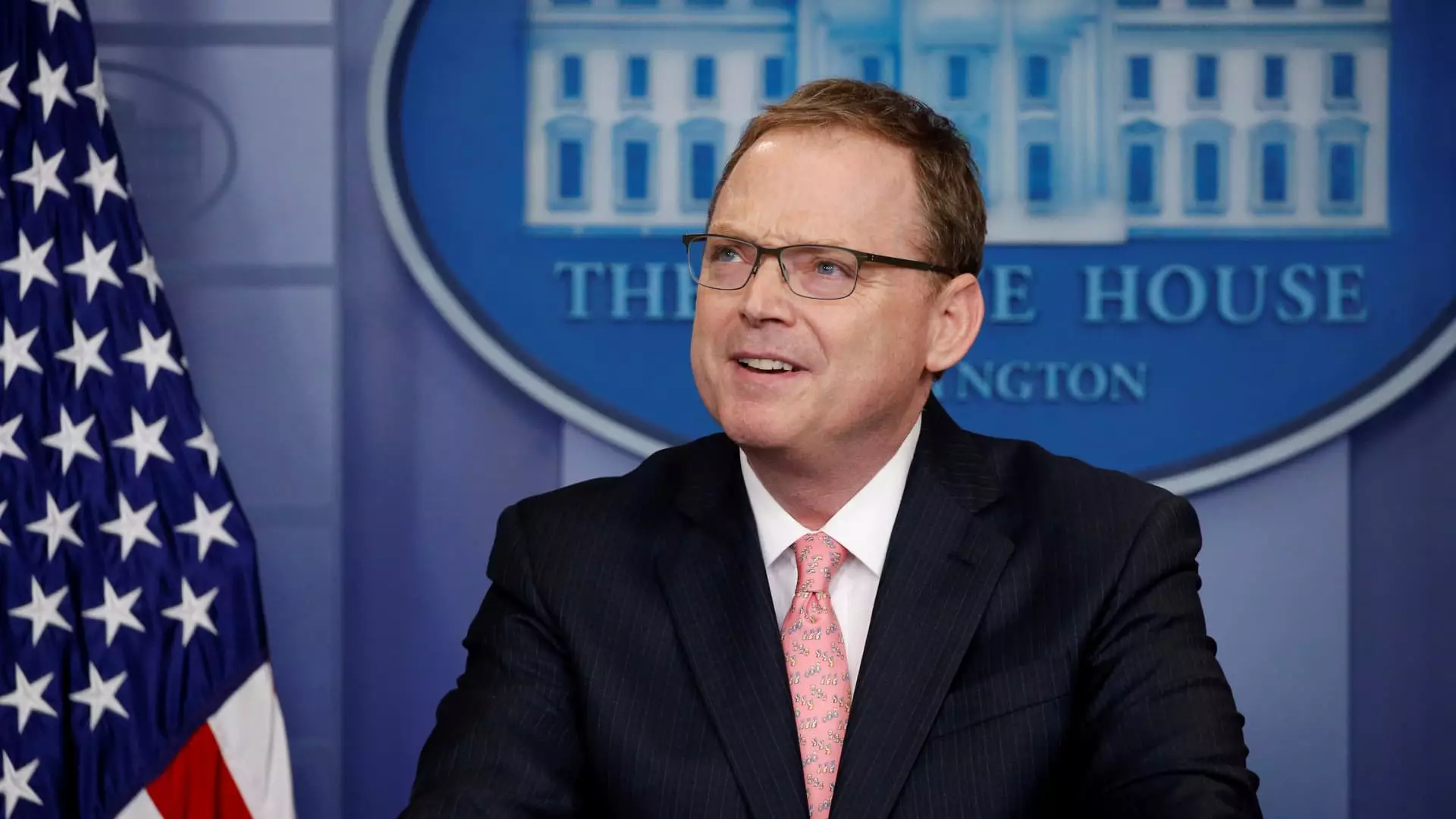With the recent announcement of Kevin Hassett as the head of the National Economic Council, President-elect Donald Trump is positioning himself to spearhead an aggressive economic agenda during his incoming administration. Hassett’s reappointment indicates a continuation of Trump’s robust economic policies, particularly emphasizing deregulation, tax reforms, and trade adjustments which were hallmarks of his first term. This decision, communicated through Trump’s social media platform, Truth Social, signifies the administration’s focus on consolidating a cohesive economic strategy as it prepares for a challenging political landscape ahead.
The National Economic Council (NEC) plays a crucial role in shaping America’s economic policies and acting as the coordinating body for economic decisions made by the administration. Hassett’s previous tenure as Chairman of the Council of Economic Advisers equips him with the experience necessary to navigate the complexities of the current economic climate. Trump’s team has been critical in addressing key issues such as large-scale tax reforms and imposing tariffs, which have significantly impacted international trade relations. The appointment of Hassett suggests that these themes will remain central to Trump’s strategy, with potentially far-reaching implications for the U.S. economy and its trading partners.
One of the immediate focal points of Trump’s economic blueprint involves the imposition of heightened tariffs, particularly targeting China, Mexico, and Canada. By announcing an intention to increase tariffs by 10% on all Chinese goods and 25% on products from North America, Trump is reinforcing his stance against what he characterizes as unfair trade practices. This aggressive tariff strategy not only raises questions of economic retaliation but also highlights a shift toward a more protectionist outlook that could disrupt existing trade agreements. Such a framework has the potential to escalate tensions between the U.S. and its major trading partners, introducing uncertainty into the global market.
Kevin Hassett’s background as a scholar at the American Enterprise Institute positions him as a defender of conservative economic principles, supportive of corporate tax cuts and deregulation initiatives. His collaboration with figures like Jared Kushner on immigration and international sanctions underscores his broad expertise in economic policy-making. With Hassett’s involvement, it is likely that Trump’s administration will continue to advocate for stringent sanctions and immigration policies that align with economic interests, further interweaving economic and geopolitical strategies.
With the appointment of Jamieson Greer as the U.S. Trade Representative and potential nominations, including Scott Bessent for Treasury Secretary, Trump is nearing the finalization of his economic team. These appointments reflect a strategic maneuvering aimed at reinforcing a unified front to tackle the myriad challenges facing the U.S. economy. As the inauguration date approaches, the clarity of Trump’s economic strategy, underscored by the expertise of his advisors, will inevitably shape the discourse surrounding the administration’s priorities and direction. This economic team appears prepared to embrace an agenda steeped in traditional Republican values, yet flexible enough to respond to the ever-shifting landscape of global economics.

